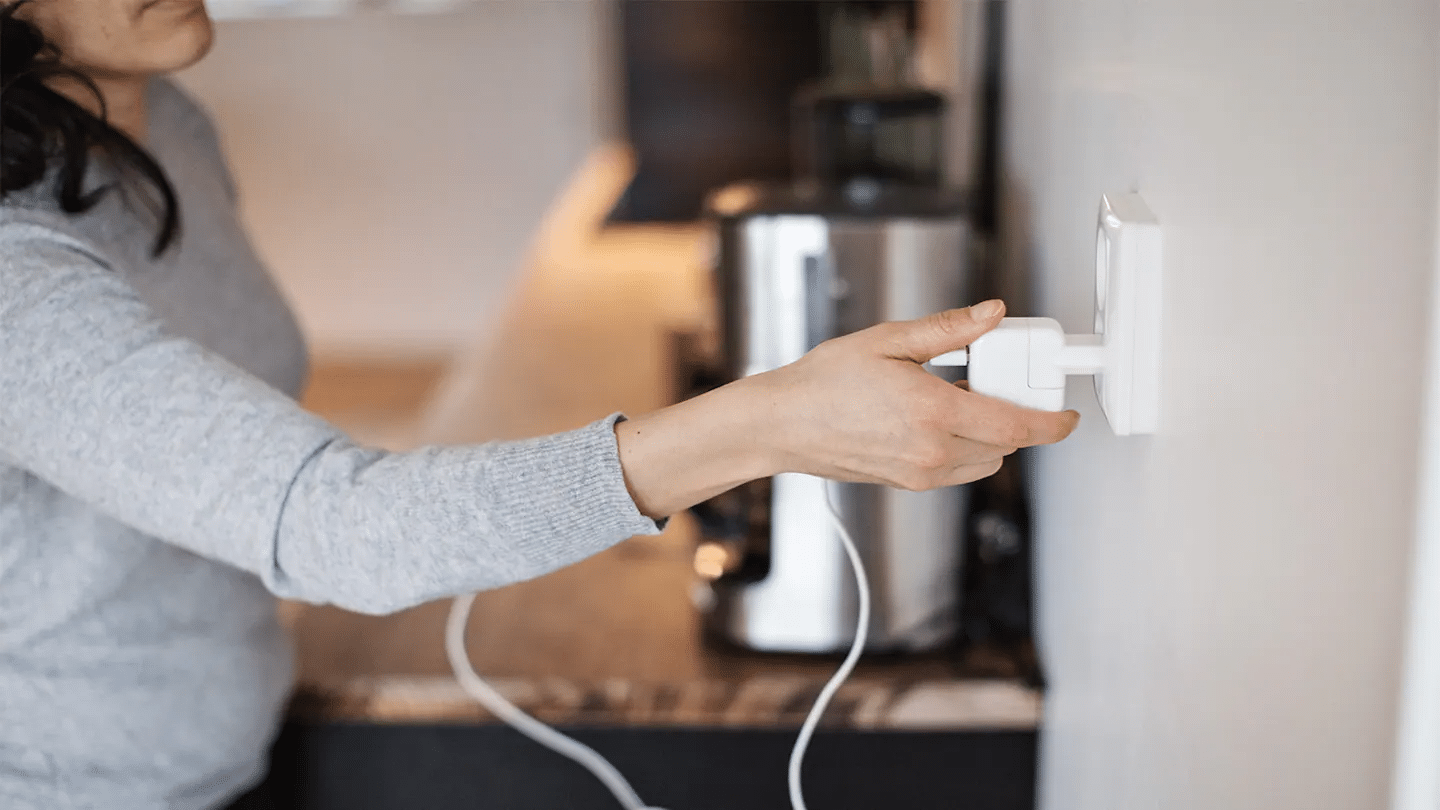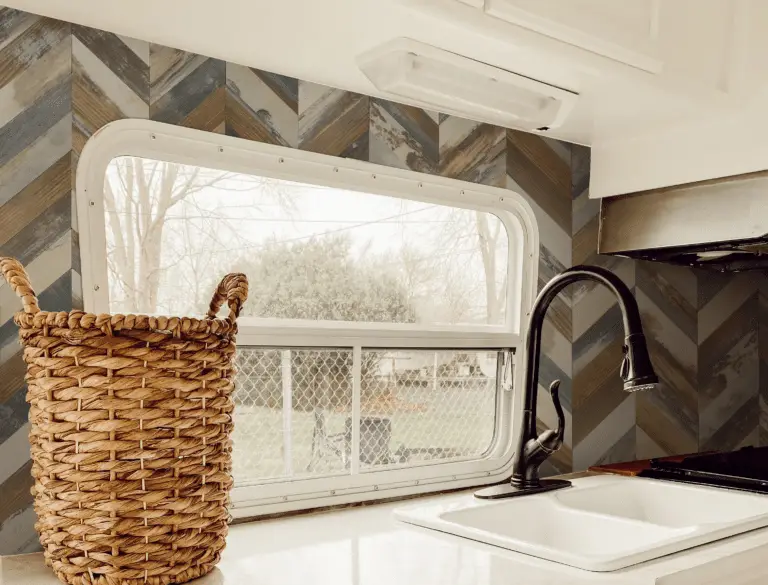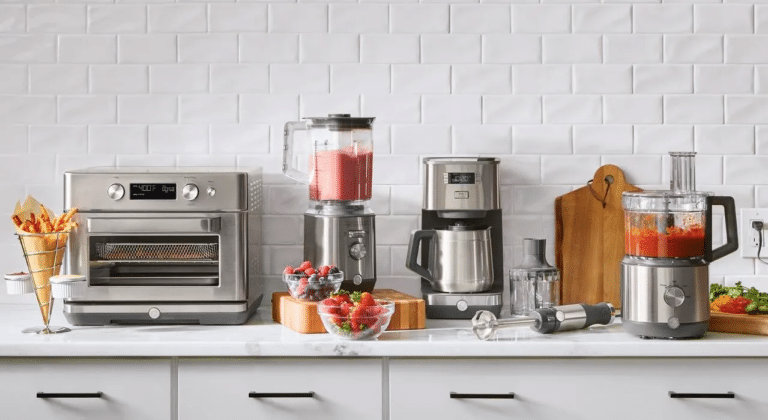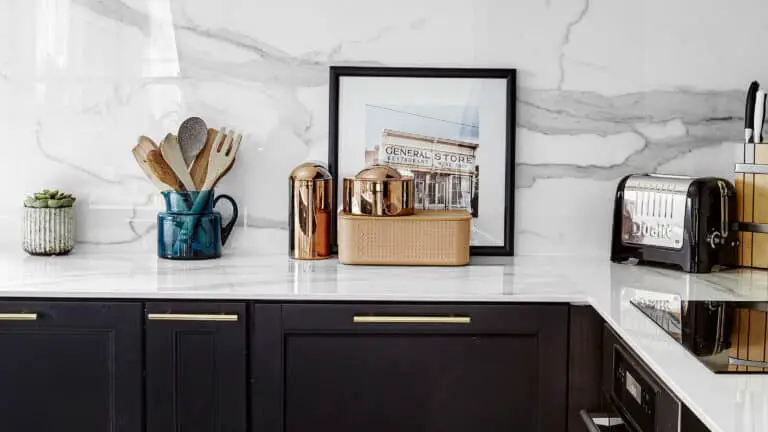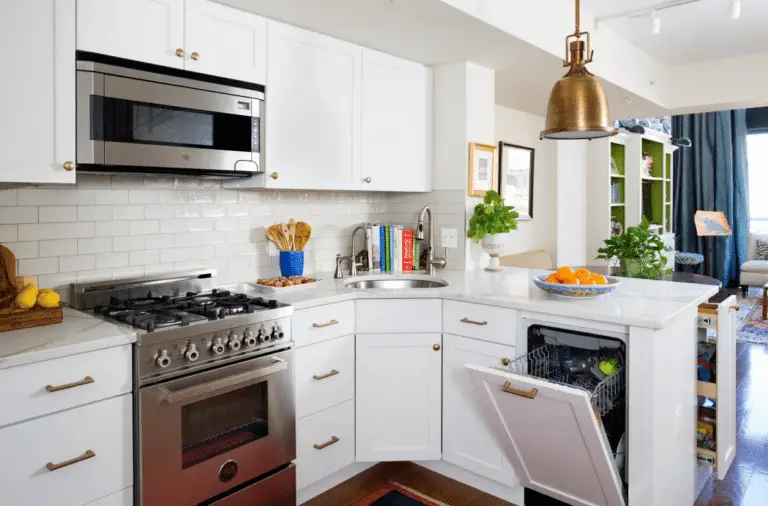Hey there! Did you know your kitchen might be hiding some electrical safety hazards? It’s time we talk about keeping your cooking space safe and sound. Whether it’s using your appliances correctly, performing regular maintenance, or troubleshooting potential risks, there are crucial steps you can take to prevent accidents.
Stick around for some essential tips and valuable insights on electrical safety in the kitchen. Let’s make sure your culinary haven is not just creative, but also safe!
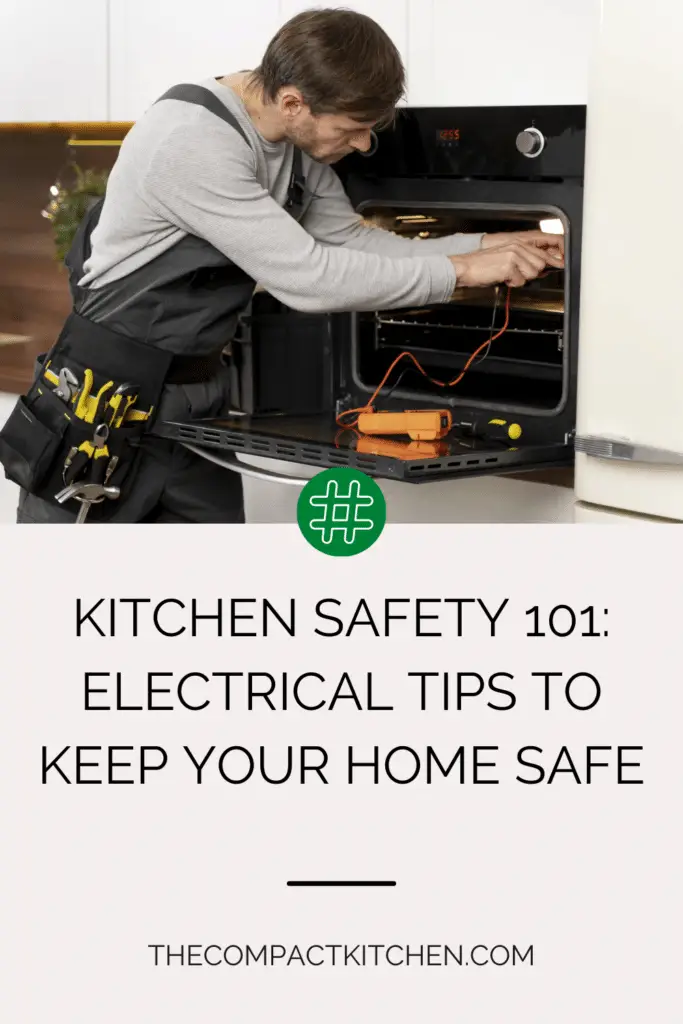
Understanding the Importance of Electrical Safety in the Kitchen
When it comes to the kitchen, safety should always be a top priority. Many of us don’t realize how many potential electrical hazards exist in this space. From overloaded outlets to frayed cords, the kitchen can be a breeding ground for accidents waiting to happen. That’s why understanding the importance of electrical safety is crucial.

Proper electrical use in the kitchen is not just about preventing a blown fuse or tripped circuit breaker. It’s about ensuring the safety of everyone in the household. By being aware of the potential hazards and taking the necessary safety measures, we can prevent dangerous situations from occurring.
Safe Use of Kitchen Appliances
When it comes to kitchen safety, proper handling and usage of appliances play a vital role in preventing accidents. From the toaster to the microwave, each appliance in your kitchen needs to be treated with care and caution. Here are some tips to ensure the safe use of kitchen appliances:
Educating on correct handling and usage
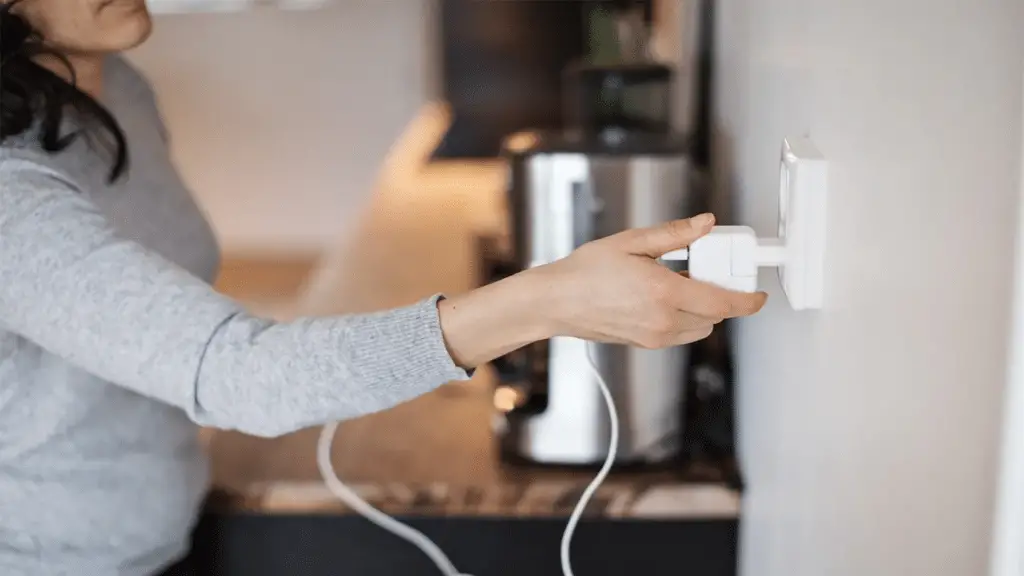
First and foremost, it is essential to read the manufacturer’s instructions for each appliance in your kitchen. Understanding how to operate the appliance safely can prevent potential hazards. Avoid using appliances that have damaged cords or plugs, as they can pose a fire risk. Additionally, never try to repair an appliance yourself, always consult a professional technician for any repairs.
Tips on proper storage, maintenance, and unplugging
Proper storage of kitchen appliances is crucial for safety. Store appliances in a dry area away from water sources to prevent any electrical mishaps. When not in use, remember to unplug the appliances to reduce the risk of electrical fires. Regular maintenance such as cleaning and checking for loose parts can also help prolong the life of your appliances.
Proper Placement of Electrical Appliances
When it comes to the safety of your kitchen, the placement of electrical appliances plays a crucial role. Improper placement can not only lead to accidents but also reduce the efficiency and lifespan of your appliances. Here are some guidelines to follow when setting up your kitchen:
Away from Water Sources

One of the golden rules of kitchen safety is to keep electrical appliances away from water sources. Water and electricity are a dangerous combination that can result in electric shocks or even fires. Make sure to place your toaster, blender, coffee maker, and other appliances on dry countertops, away from the sink or any other water source. If possible, consider installing Ground Fault Circuit Interrupters (GFCIs) in areas where water is present to provide an added layer of protection.
Neat and Organized Cord Placements
We’ve all been guilty of letting cords hang loose or tangle around each other in the kitchen. However, this seemingly harmless habit can lead to tripping hazards, accidental unplugging, and even electrical fires. Take the time to organize your cords neatly and avoid creating a tangled mess. Use cord management solutions like cable clips, tie wraps, or cord concealers to keep your kitchen appliances’ cords organized and out of the way.
By following these simple guidelines for placing your electrical appliances in the kitchen, you can ensure both the safety of your household and the longevity of your appliances. Remember, a little effort in organizing and placement goes a long way in preventing accidents and maintaining a functional kitchen!
Dealing with Electrical Problems in the Kitchen

When it comes to kitchen safety, being able to identify and properly handle electrical problems is crucial. The kitchen is filled with various appliances and gadgets that rely on electricity to function, making it a hotspot for potential electrical issues.
Common Electrical Issues
Some of the most common electrical problems that can occur in the kitchen include tripped circuit breakers, flickering lights, malfunctioning outlets, and overheating appliances. These issues can not only be inconvenient but also pose serious safety risks if not addressed promptly.
How to Respond
When faced with an electrical problem in the kitchen, the first step is to stay calm and assess the situation. If you notice sparks, smoke, or a burning smell, immediately turn off the power to the affected appliance or area. It’s important not to try to fix the problem yourself, as this can result in further damage or even injury.
Instead, it’s best to contact a professional electrician who has the knowledge and experience to safely diagnose and repair electrical issues. Trying to troubleshoot complex problems without the right expertise can be dangerous and should be left to trained professionals.
Encouraging Professional Help
While it may be tempting to try and save money by tackling electrical problems on your own, the risks far outweigh any potential cost savings. Professional electricians are equipped with the necessary tools and skills to handle electrical issues safely and effectively.

By hiring a qualified electrician, you can ensure that the problem is properly addressed and that your kitchen remains a safe environment for you and your family. Remember, when it comes to electrical safety in the kitchen, it’s always better to be safe than sorry.
Regular Electrical Maintenance Checks
Regular maintenance checks are essential for ensuring the safety of your kitchen and preventing potential electrical hazards. By staying proactive and addressing any issues promptly, you can create a secure environment for yourself and your family.
Importance of Regular Electrical Inspections
Regular electrical inspections are crucial for identifying any potential problems before they escalate into dangerous situations. Over time, wear and tear can occur in the electrical systems of your kitchen, leading to issues such as frayed wiring, overloaded circuits, or faulty outlets. By conducting routine inspections, you can catch these issues early on and prevent the risk of electrical fires or shocks.
In addition to ensuring the safety of your kitchen, regular inspections can also help you save money in the long run. By addressing small issues before they escalate, you can prevent costly repairs or replacements down the line. Investing in regular maintenance can ultimately extend the lifespan of your kitchen appliances and electrical systems.
Basic Checks Homeowners Can Do Themselves
While professional electricians should handle more complex electrical work, there are some basic checks that homeowners can do themselves to keep their kitchen safe. One simple task is to regularly inspect the cords of your appliances for any signs of wear or damage. If you notice any fraying or exposed wires, it is essential to replace the cord immediately to prevent electrical hazards.

Another easy check homeowners can do is to test the outlets in their kitchen for proper functionality. Using a socket tester or multimeter, you can ensure that each outlet is correctly wired and providing a safe electrical connection. If you encounter any issues with the outlets, it is vital to address them promptly and avoid using them until they have been repaired by a professional.
In addition to these checks, it is essential to pay attention to any unusual sounds or smells coming from your appliances or electrical systems. If you notice anything out of the ordinary, it is crucial to unplug the appliance or turn off the circuit breaker immediately and contact a professional electrician for further inspection.
Regular electrical maintenance checks are a critical aspect of maintaining a safe and functional kitchen. By staying proactive and addressing any issues promptly, you can ensure the safety of your home and create a secure environment for yourself and your loved ones.
Stay Safe, Stay Smart!
Remember, the kitchen is where the heart is, so let’s keep it safe and sound. By understanding the importance of electrical safety, using appliances correctly, placing them strategically, addressing issues promptly, and conducting regular maintenance, we can prevent accidents and ensure a secure cooking environment. So, follow these tips and cook up a storm – safely!

